|
Each year violent communal conflicts in various African countries - most recently Nigeria, Ethiopia and Libya among them - pit people against each other along ethnic or tribal lines. Often these clashes are portrayed as ‘traditional’ and associated with areas beyond the state’s control. But Emma Elfversson argues that bad governance and political manoeuvring at national levels increase the risk of communal violence.
Ghana has taken a number of steps to try and close its infrastructure deficit gap - among them signing a “resource for infrastructure” deal with China. As part of this agreement, China will have access to 5% of Ghana’s bauxite resources. Bauxite is the primary ore in aluminium and much of it is found in the Atewa forest. Alfred Oteng-Yeboah makes a case for why the Atewa forest’s survival must trump the government’s deal.
|
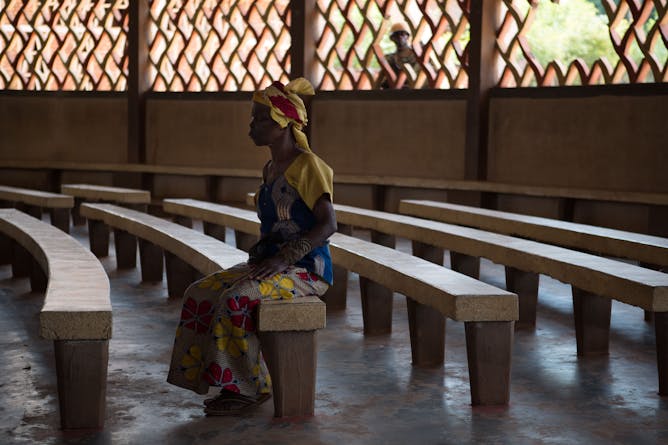
A woman shelters in a church in the Central African Republic after deadly 2014 attacks involving Muslim and Christian fighters.
EPA/Tanya Bindra
Emma Elfversson, Uppsala University
Bad governance and political manoeuvring increase the risk of communal conflicts
|
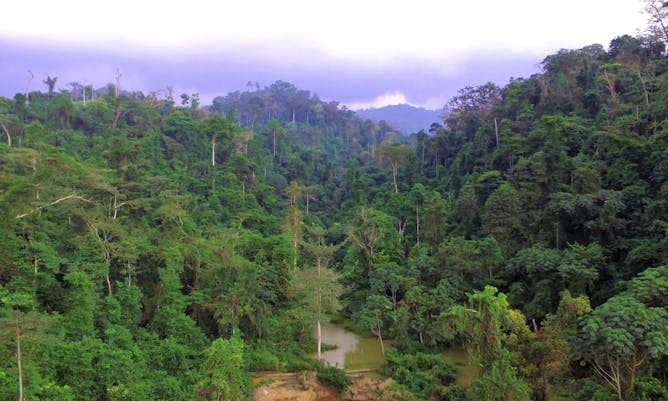
The Atewa Forest is at the heart of a conservation battle in Ghana.
Arocha Ghana photo
Alfred Oteng-Yeboah, University of Ghana
Ghana's quest to fill a significant infrastructure deficit has led to a barter deal with China that threatens one of West Africa's most important environmental spaces.
|
Health + Medicine
|
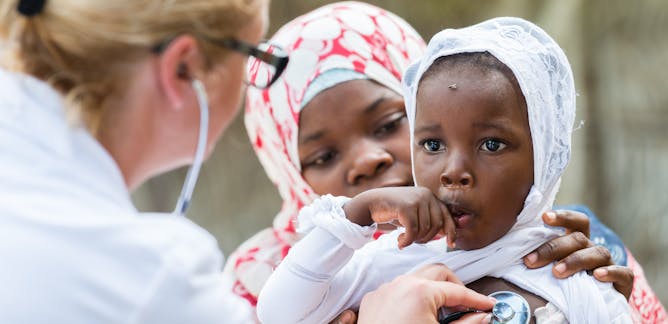
Madhukar Pai, McGill University
High-income country experts and institutions are valued more than expertise in low- and middle-income countries.
| |
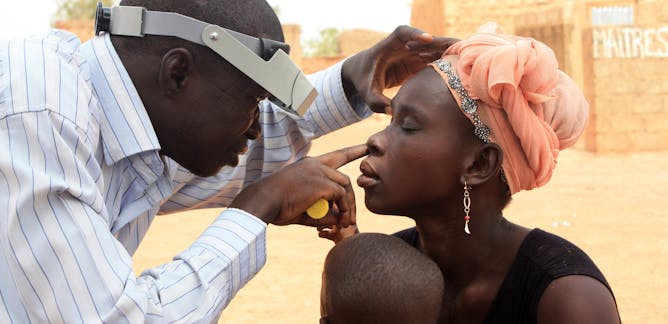
Musa Mutali, University of Benin
Trachoma is the leading cause of preventable blindness.
|
|
|
From our international editions
|

Simon Cropper, University of Melbourne; Charles Kemp, University of Melbourne; Daniel R. Little, University of Melbourne; Duane W. Hamacher, University of Melbourne
Around the world and throughout history, we find remarkably similar constellations defined by disparate cultures, as well as strikingly similar narratives describing the relationships between them.
| |

Garfield Benjamin, Solent University
Facebook and Neuralink are developing interfaces to link our brains to computers, with serious ethical issues.
|
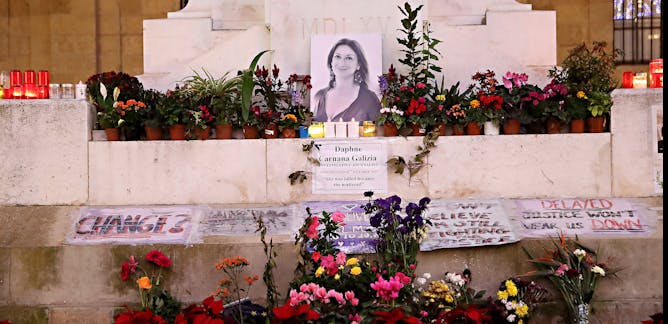
Aldo Zammit Borda, Anglia Ruskin University
Daphne Caruana Galizia was investigating several corruption scandals when she was murdered in 2017. The government continues to avoid serious investigations into the allegations.
| |

Laura E. Alexander, University of Nebraska Omaha
The religious right may have dominated US politics for decades, but progressive Christians are growing louder in their faith-based opposition to the Trump administration's immigration policies.
|
|
|